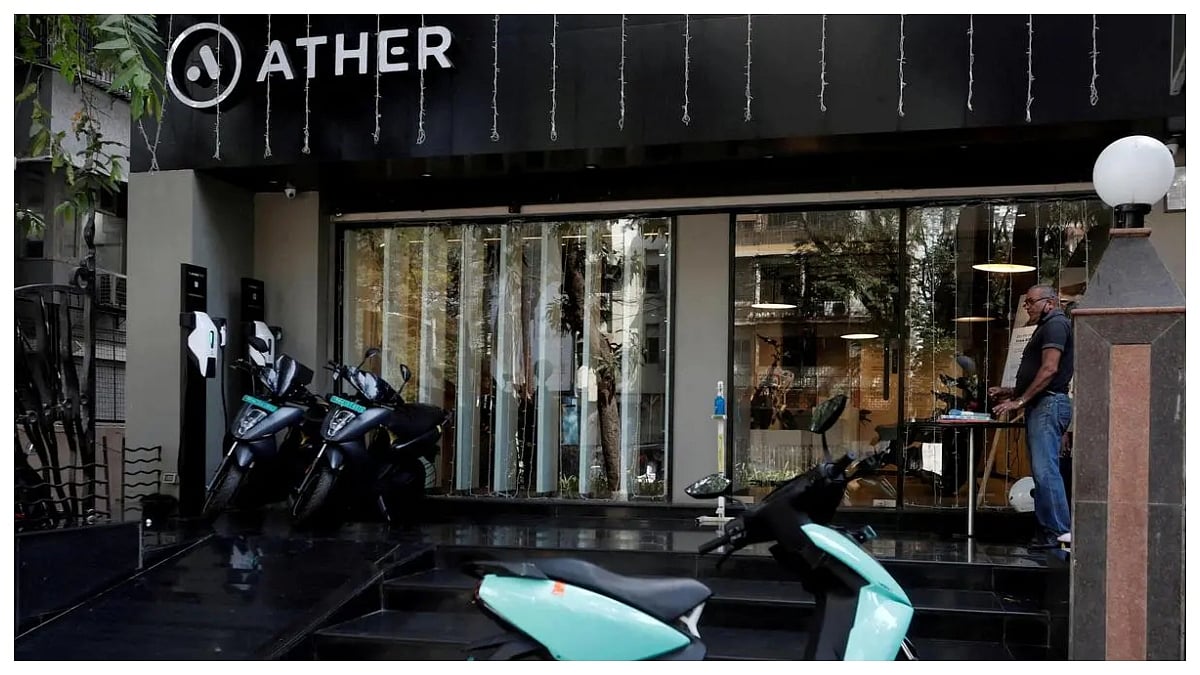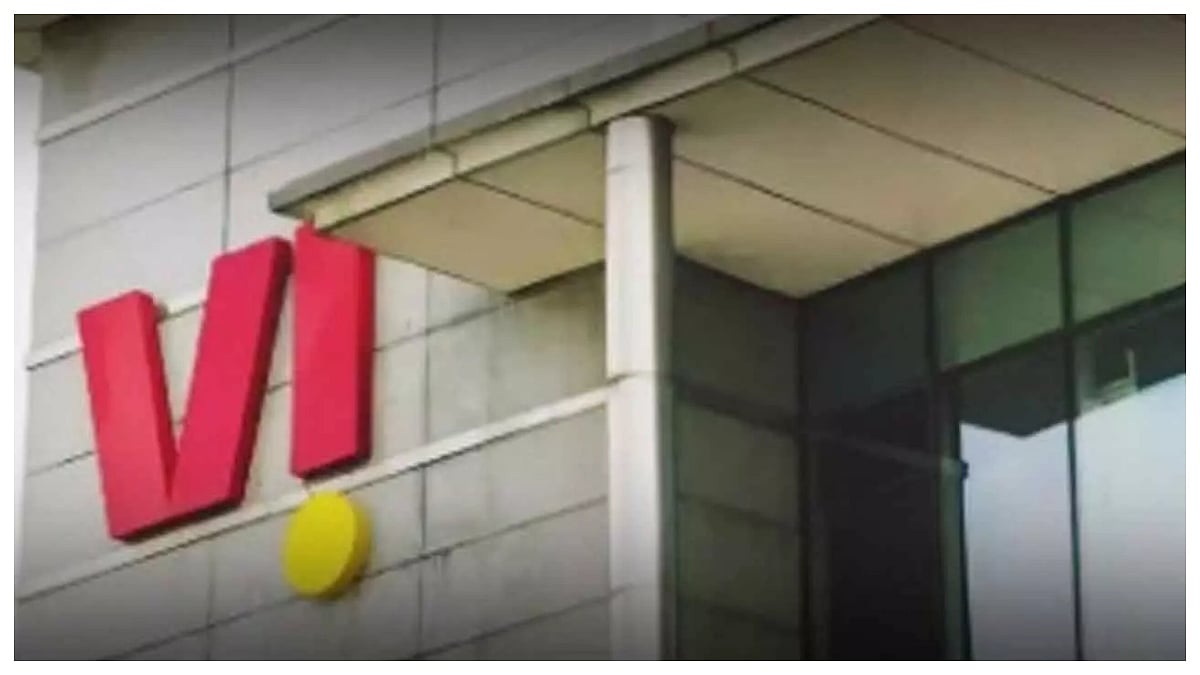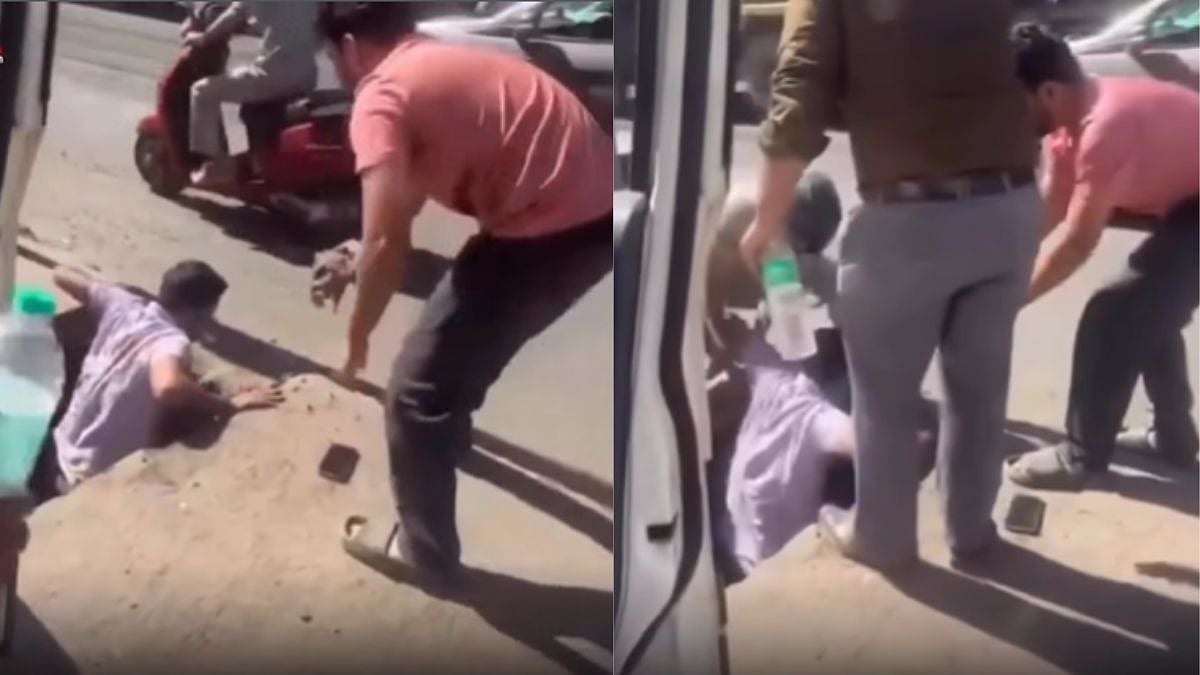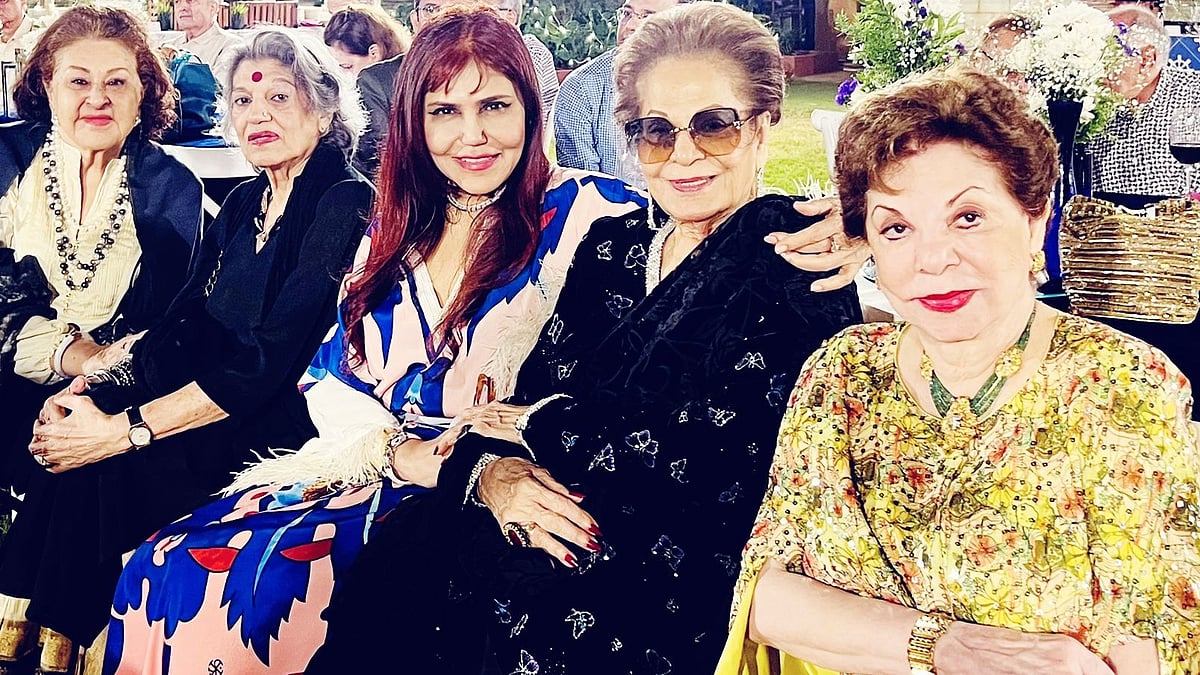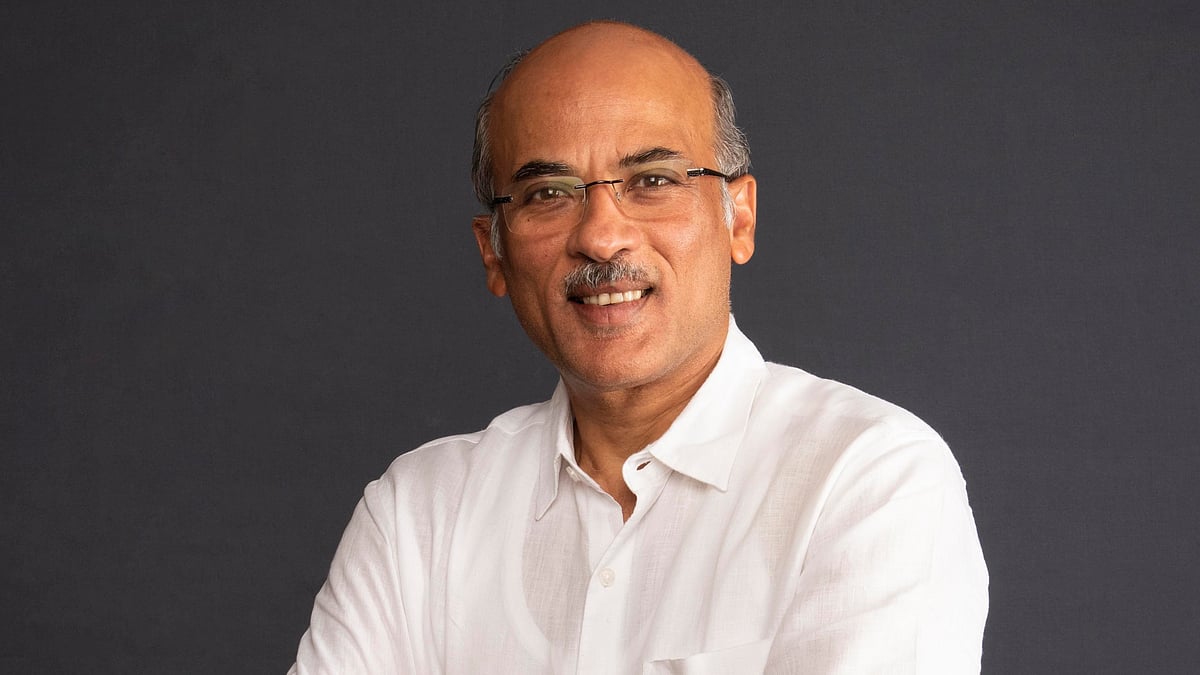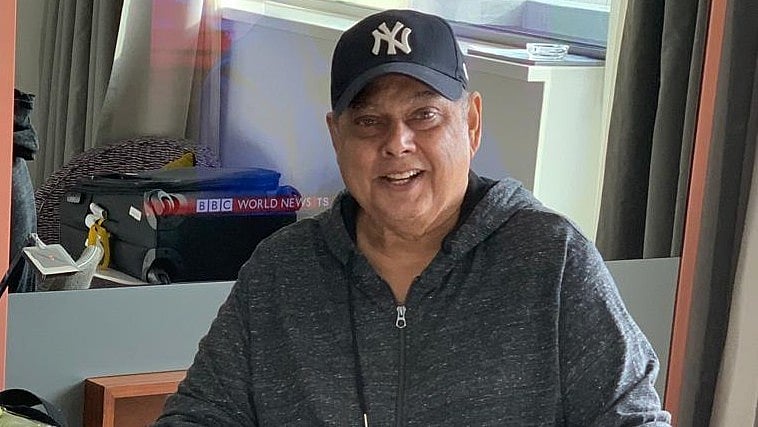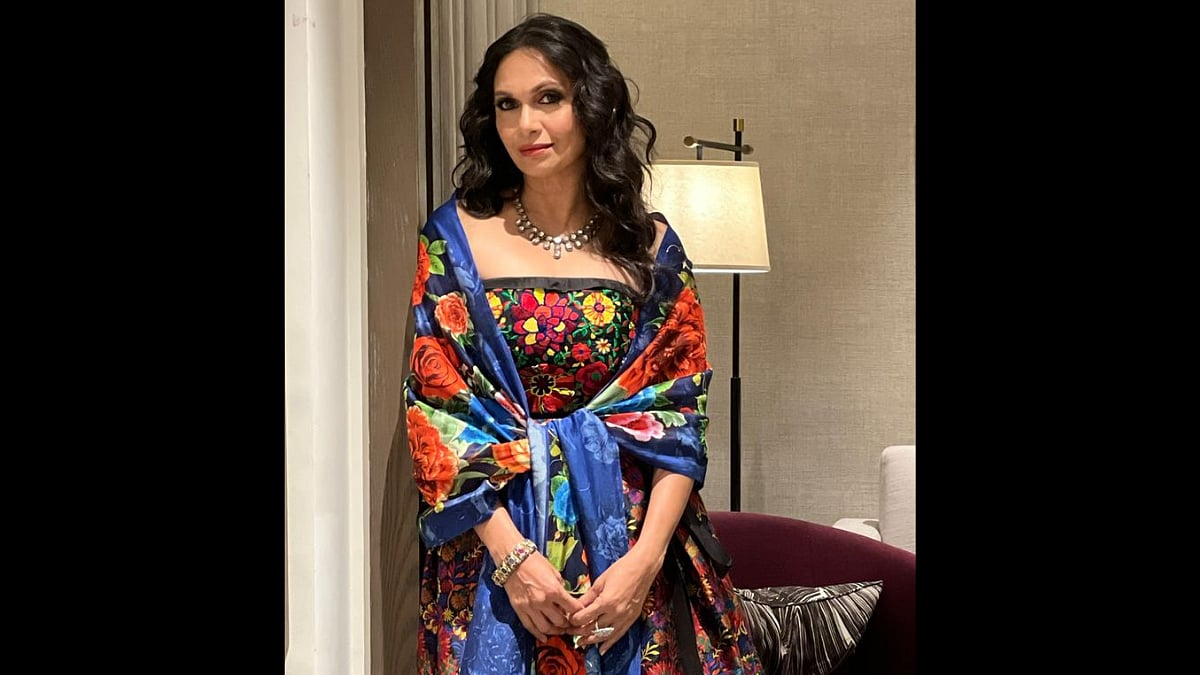The landscape of Mumbai changes and city limits are stretched with massive infrastructure projects underway, who better to comment on real estate trends than Indian property tycoon and visionary developer, Niranjan Hiranandani.
Excerpts from the interview:
Nariman Point used to be the main commercial hub of Mumbai. That’s changed with offices and consulates moving to BKC and beyond. Do you think the glory days of South Bombay are over?
I don’t think so. You still have Mukesh Ambani living in South Mumbai. You have the CM and Governor of Reserve Bank living in South Mumbai. You have the likes of Deepak Parekh living in South Mumbai. So, South Mumbai will not lose its leadership. What has really happened is that the city has grown. Wealth has grown. Population has grown. And since we are an island City we had to move Northwards in order to fit the people. And slowly but surely we have creeped from the city to the mid-city to the north then to the suburbs and then north of the suburbs and then to the peripheral towns. So the leadership of the South continues but the quantum of growth in the suburbs and extended suburbs is disproportionately bigger.
Can you give us some figures and statistics?
If you look at the total number of new houses being constructed in South Mumbai as compared to the total construction in MMR it’s less than one percent. Even though you see so many towers being constructed in South Mumbai the numbers are too small. In reality the growth has taken place in the north side.
Which are the new areas of major development?
Fortunately, there are a lot of new areas. Let’s look at the progression. Let’s take the commercial part first — it moved from Nariman Point to Parel to BKC. Then we have the entire belt from Andheri to Powai to Ghatkopar. That’s another commercial belt. Then we had Thane as Commercial. Infact our company brought in a lot of commercial there, and Navi Mumbai too. Slowly but surely the commercial has spread. Now it’s not just one center. Earlier it was just one center of Nariman Point. Now there are multiple centers because people want to live closer to their place of work, and the kind of township facilities we’re seeing in the Northern areas are much bigger and better qualitatively and quantitatively.

You have always emphasised the importance of high quality, but does that make the housing unaffordable?
People are making a mistake in misunderstanding the word quality in terms of value add, amenities and luxuries. Let me give you an example. If I buy a Maruti small car for 4 or 5 lakhs and on the other hand buy a Mercedes of 60 lakhs, of course the Mercedes Benz is good quality. There are less amenities and facilities in the Maruti but it’s also good quality. You can’t afford to have bad quality in anything whether it’s cars, food, clothes, communications etc. Why should you have bad quality in the case of homes? Yes, you may not have luxury. You may not have marble on the flooring or false ceiling and a swimming pool but you do need a garden, you need a school and hospital in the neighbourhood. People mix up the luxury element of a product with quality. Quality is separately defined. Indians must get the idea that quality is essential, bad quality is expensive, good quality is cheap.
Please explain how bad quality is expensive?
Some buildings are collapsing after 30 years of construction, when they should been there atleast for 100 years. We have made 500-1000 buildings. None of them are likely to fall or require graniting or redevelopment. While there are many buildings all over the country, where in 20 years the buildings are requiring repairs and all that stuff. They may have been cheap housing, but it’s so expensive to repair.
We are seeing a lot of changes in the infrastructure of Mumbai — the metro and the trans harbour link. How is that going to change the landscape of the city?
For 65 years we had 190 km of suburban railways — we didn’t add anything for 65 years. So we were packed like sardines in a can as far as railway lines were concerned. Now fortunately we are adding 330 km of metro in the next two years, which will change the paradigm of commuting in the Mumbai region. We have a coastal road, which will go up to Bandra and ultimately extend to Kandivali and probably Meera road also. Then on the eastern side we have the MTHL – the cross harbor bridge which is 22 km over the sea and it will open up vistas of development which are unheard of within 30 mins from South Mumbai. So you will be able to go to Panvel in 30 mins from Nariman Point. And you have so much land empty, which can be developed.
We have another railway line from VT to Panvel, which will be extended to Karjat with railway stations coming up there and of course one of my projects is also coming up there. This infrastructure will open new vistas for development. We are adding 300 vehicles to Mumbai every working day, and we are not increasing the road length or road width. Unless you don’t extend the visas of development to the suburbs and extended suburbs - Navi Mumbai, Panvel etc, it will be difficult to live in Mumbai.
(Watch the full interview on Buzz by the Bay on The Free Press Journal’s YouTube Channel)


